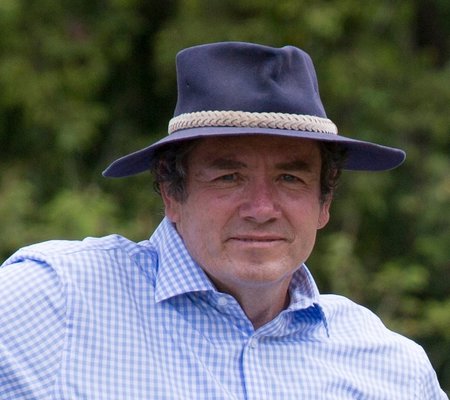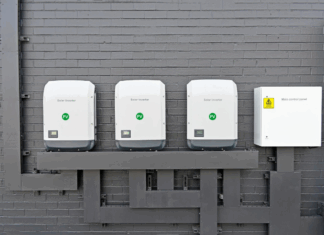Cr Brian Stockwell today succeeded in adding the Climate Emergency, what he calls “the giant, missing piece”, to Noosa’s approach to protecting the health and wellbeing of its citizens.
“Until now, we’ve planned for things like smoking, sun protection and helping our most vulnerable locals, but we now know we have to urgently consider Climate Change in the same way.”
Cr Stockwell today moved to include clear steps for dealing with the health impacts of Climate Change in Noosa Shire’s Health and Wellbeing Plan at Monday’s General committee meeting.
“As well, we must give our young people a clear voice about their concerns and their input to how we approach this issue.”
This is one of many strategies that will underpin Noosa’s Climate Change Adaption Plan (CCAP), due to be completed in the middle of this year.
The motion highlights that the World Health Organisation (WHO) maintains that climate change is the greatest threat to global health in the 21st century (WHO, 2015).
“Like much of the east coast, the unprecedented fires we experienced starting well before the normal fire season in Spring, are a clear reminder that the climate emergency is not something to deal with in the future, it is here and now,” Cr Stockwell said.
Cr Stockwell said that ‘at risk’ people in our community are being affected by extreme heat, that there are mental health impacts caused by the severe weather that created catastrophic fire conditions.
In particular, the elderly, as well as other vulnerable groups in the community, are more exposed to direct physical impacts of climate change and may require greater assistance from their familial and social networks, and emergency services in preparing for and responding to extreme weather events.
Surveys have shown a vast majority of young people are very concerned about the climate emergency, and one in five students said they were planning to either not have children or have fewer children because of climate change.
Cr Stockwell argued Noosa should follow the example of the Cairns City Council who last year undertook a survey of High school students from across the city and gave them the opportunity to express their concerns, hopes and aspirations in a Youth Summit. The results of the summit will help Council shape our action plan to respond to climate change.
“I think it is clear that we need to be acknowledging the concerns about the health and well-being impacts of a changing climate and engaging our community and particularly our youth in developing actions to address the risks,” Cr Stockwell said.
MOTION EXTRACT
The World Health Organisation (WHO) maintains that climate change is the greatest threat to global health in the 21st century (WHO, 2015). Australia’s climate has already begun to change and current trends indicate that this will accelerate over the course of this century. A changing climate is expected to affect human health and wellbeing (including physical and mental health) through direct and indirect pathways. Climate change can be framed as a risk amplifier; that is many of the risks associated with climate change are not new, however they are likely to increase in severity over time. There is no evidence available to indicated that the risks from climate change to health and wellbeing are not presently significant at a local scale, however they will increasingly become so as global warming accelerates.
The Australian Medical Association has expressed strong concerns regarding the threat to public health and wellbeing from climate change (AMA, 2019). In particular, the elderly, as well as other vulnerable groups in the community, are more exposed to direct physical impacts of climate change and may require greater assistance from their familial and social networks, and emergency services in preparing for and responding to extreme weather events.
The collaboration of many stakeholders will help Noosa’s Health and Wellbeing sector to be resilient to future climate changes. Noosa Council is developing a Climate Change Adaptation Plan (CCAP), which will contain actions and key indicators for adapting Noosa’s health and wellbeing to climate change risks. The CCAP is expected to be completed in mid-2020. It is proposed the Noosa Community Health and Wellbeing Action plan will seek to inform the CCAP where applicable, and incorporate the relevant actions from the CCAP at the next annual review of the Action Plan, including development of new initiatives based on updates to climate change projections if required.









